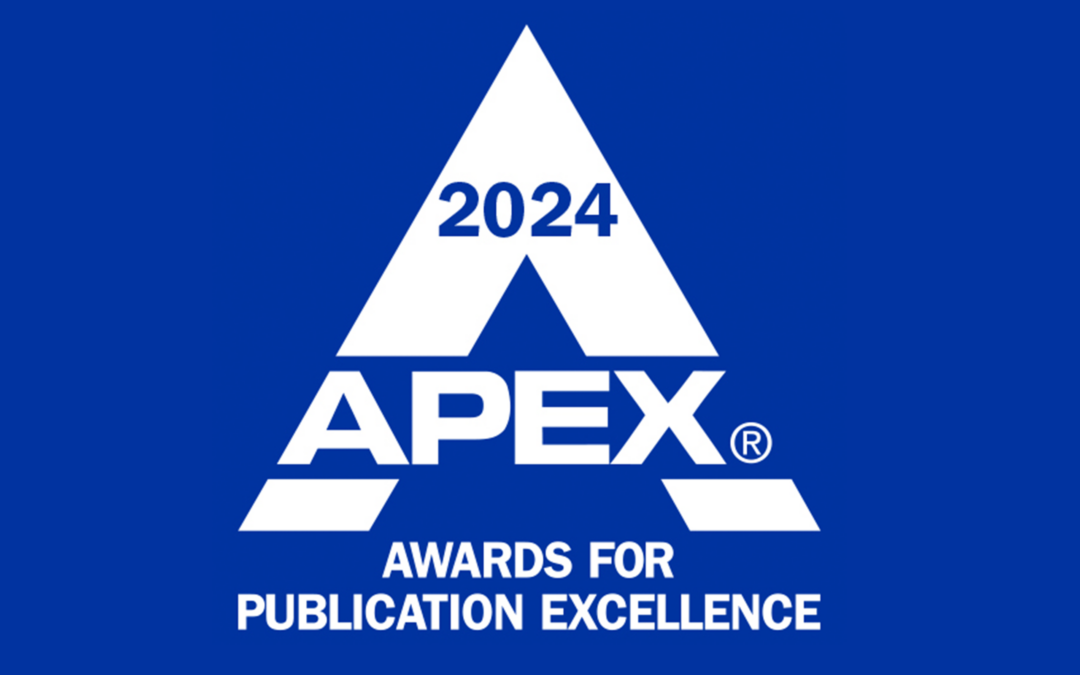Studies show that people remember about 80% of what they see, compared to only 20% of what they read and 10% of what they hear. This makes visual content a powerful tool for conveying complex ideas that promote inclusivity quickly and effectively. However, the creation and dissemination of visual content often come with inherent biases, whether intentional or unconscious. These biases perpetuate stereotypes, marginalize certain groups, and limit the diversity of representation. Consequently, generative AI is a powerful tool that holds the promise of reducing biases in visual content creation and fostering a more inclusive and equitable media environment. Generative AI can achieve this transformative impact by diversifying representation, eliminating human bias in image selection, challenging stereotypes, enhancing accessibility, reducing bias in training data, and promoting cultural sensitivity.
Generative AI can help reshape the way we create and consume visual content. Traditional media and advertising have often been criticized for their lack of diversity, frequently showcasing narrow and stereotypical depictions of race, gender, age, and body types. Generative AI can be trained on diverse data sets that include a wide range of demographic features, enabling it to generate images that reflect a broader spectrum of society. This capability ensures that visual content is more inclusive, showcasing individuals from different backgrounds and promoting a richer, more varied representation.
Human biases inadvertently influence the selection and curation of visual content, but generative AI, when properly trained and implemented, can mitigate these biases by providing an objective approach to image generation and selection. AI algorithms can be programmed to prioritize diversity and inclusivity, ensuring the visual content selected for use does not disproportionately favor certain groups over others. This objectivity will lead to a more balanced and fair representation in media and advertising.
Cultural sensitivity is crucial in visual content creation, especially in a globalized world where content is consumed by diverse audiences. Generative AI can be trained to recognize and respect cultural nuances, avoiding cultural appropriation, misrepresentation, and other forms of cultural insensitivity that arise from biased content creation processes. It can also be used to challenge and deconstruct stereotypes reinforcing outdated and harmful notions about certain groups by creating content that subverts traditional narratives. Moreover, generative AI plays a pivotal role in making visual content more accessible to people with disabilities. AI-generated content can be designed with accessibility in mind, incorporating features such as high contrast, alternative text descriptions, and clear, easily interpretable visuals. This inclusive approach ensures visual content is accessible to a broader audience, promoting equity and inclusion.
Although generative AI presents challenges such as inherent biases in training data, lack of contextual understanding, and overreliance on AI, it highlights the need for continuous effort and human oversight to overcome biases. As we develop and refine this technology, it is essential to prioritize ethical considerations and ensure that AI systems are designed and deployed with inclusivity at their core. The future of visual content is bright and, with generative AI, it can be more inclusive and representative of the diverse world we live in.









